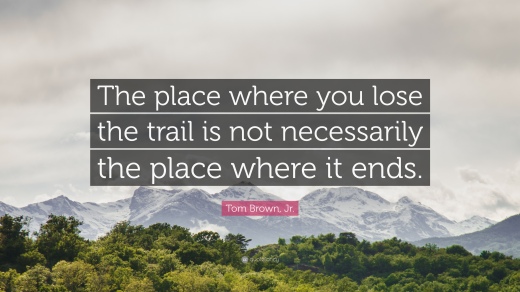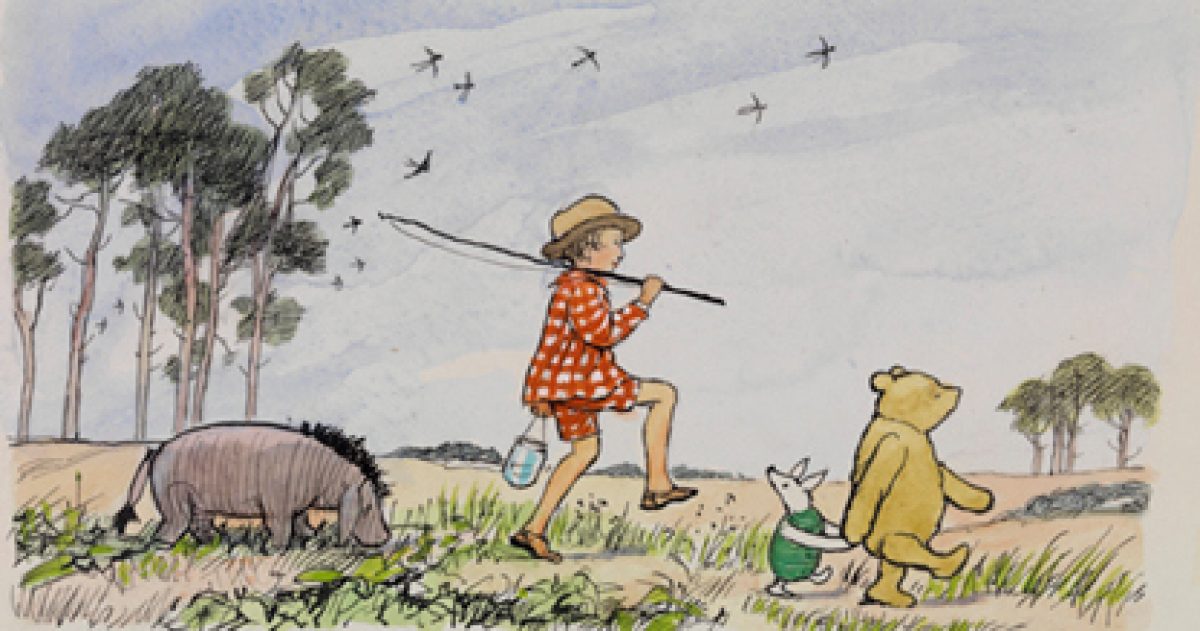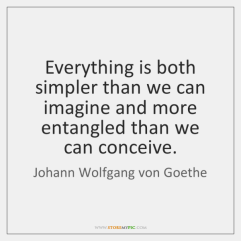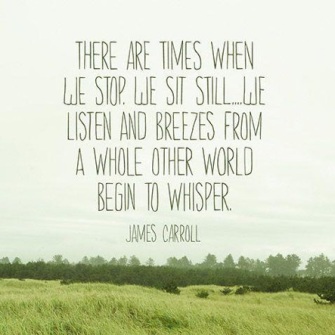
“I can imagine lots of couples do something like that for their 25thwedding anniversary, why would you go to an exotic Island to relax when you can walk a 430km trail!” The response, sweating sarcasm, from my old sports teacher, at a chance meeting on a 25km training hike. Romantic, sand soaked, sun bathed, blue water- bliss 25-year wedding anniversary celebration options never appeared on our ‘trip advisor’ as we considered the challenge of a long- distance hike. Sifting through alternatives to the heavily trodden El Camino de Santiago and other common trails along the St James Way, something ‘local’ to our roots, jammed with history, culture and nature, not people; an adventurous track less travelled- the Fränkischer Gebirgsweg amounted to our idyllic island.
There was no ‘spiritual wasteland’ or ‘ditch the doldrum’ impetus for the walk, and there will be no ‘come to Jesus’, soul searching, cosmic enlightenment Camino chronicle. “Von nichts, kommt nichts.” From nothing, comes nothing. Perfect German poetical pragmatism from a fellow Nürnberg café patron upon denying herself cream with her apple cake. A truth of the trail, a bona fide bottom line resonating perfectly with our rationale, endorsing our endeavour.
After the initial blisters, boot calibrating, pack aligning and expelling of the excess -(paperback books and unwanted layers), the steady rhythm of ‘walk, eat, read, rest, repeat’, seeped down into the daily. 27 days, 480km. Unlike our Gore-tex gear, we were not impervious to the effects of the trail. Surreptitiously it taught us:
- There is never bad weather, only the wrong clothing and attitude. Regardless of what others might say.
- Planning is totally underrated unless you enjoy an unbearable secondary hike tramping unlimited kilometres around the village looking for food and a bed at the end of each day.
- Detours are VERBOTEN. Stick to the track for full satisfaction.
- Pillows are pathetic in Germany…bring your own option.
- Ignore guidebooks that say, “Use toiletries at accommodation.” Most often there were none.
- Check your rain jacket before you leave your country of origin. A heavy storm along an isolated track does not make for ideal testing conditions.
- Don’t take a laptop. Apparently, there are lighter options.
- Be on the same page as your walking partner about carrying paperback books. You will find them in a post satchel very quickly otherwise.
- To avoid weekends spent hunting and gathering in forests, plan accommodation with food options and a supermarket that is open at least on Saturday mornings. Worst case scenario, sleep near a fuel station that is open on Sundays, you’d be surprised what trail nourishment can be found.
- Carry staples such as Ryvita, avocado, Nutella and cheese, to avoid German austerity measures, whereby restaurants don’t open until 5pm and villages with a dwindling trading shadow provide no food options.
- For the non-vegetarian, a steady Leberkäse (literally translated ‘Liver cheese’), village crawl is recommended. This compulsory butcher stop will assist in lean food times. NB: for fellow vegetarians, see previous point.
- Germans have a penchant for order. Penalties apply where not adhered to – even at breakfast buffets. Don’t go stealing food for morning tea or lunch.
- Hipster coffee aficionados will need to downgrade their expectations and prepare for caffeine ‘entzug’.
- Beware of local tourism spruikers. Every village has a ‘claim to fame’. Whilst some towns are definitely not what they are made out to be, no matter how many breweries the local area boasts, others surprise pleasingly.
- Your travel partner must get the ‘minimalism thing’. Limited clothing offers the bonus of maximum stink. With no laundromats along the track, wash basins provide the best domestic options. Carry merino gear for quick dry times and always offer to walk up front.
- You will walk through many towns from the Middle Ages. Payment systems don’t seem to have caught up and hardcore currency is still the favourite – “Don’t leave home without it”.
- Talk to the locals. They know everything about what you are seeing and more. They are the context, additional content, glue and glitter to the trail. (They particularly love selfies with you and follow up WhatsApp messages).
- Suffering from pack resentment? A rest day will clear it up.
- About rest days….. keep the km’s down. A rest day is not walking 25km without a pack!
- German national park highlights are really well signed, albeit deliver false expectations about the animal life on offer. Be satisfied with seeing a few deer, listening to bird song in the mixed forests and heed the warning of wild pig diggings along the track that dictates your escape from the forest before dusk.
- Audible is your friend, in the talking downtime. Unless you are walking with an extrovert, expecting to talk 24/7 might be unrealistic, and if you are the excuse of some exciting books, might just save you.
- The ‘Keep It Simple Stupid’ principle applies. There’s so much to enjoy and process, don’t jam it full or overestimate your capacity. Less is more on some days.
- Missing kids. It’s inevitable, especially if you are a well- travelled family and they’ve always been in tow. Share often, speak to them when you can, cry when needed, and start shaping your future as empty nesters where applicable.
- Expectations: Have very few and be overwhelmed with the magnificence of the experience.
- Self -Doubt: It’s normal. Have a husband/partner with a plan B and a whole heap of understanding. It’s better than medicine.
- Separation anxiety: Putting down the pack after 480kms is forced detachment from the tangible. The trail ends but your experience with it doesn’t have to. Ease back in slowly and prepare yourself for wardrobe overload!
- Gratitude: Give thanks for scarfs, Elastoplast, good shoes, a comfy pack on most days, hydration bladders, a healthy body, friendly strangers, unexpected discoveries, amazing surroundings, hidden history, awesome opportunity and a majestic Creator.
- In the spirit of ‘walk, eat, read, rest, repeat’ start planning the next one.






































































